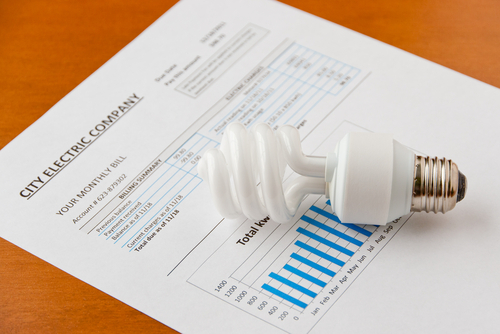This past summer the energy regulator, Ofgem, announced the results of its Retail Market Review (RMR) consultation – part of its drive to deliver a simple, clear and fair energy market.
What the RMR changes should mean is greater transparency for all businesses. As part of the review, Ofgem has extended its definition of a micro-business. Before the RMR, businesses paying less than £5,000 for gas or electricity, or those with less than ten employees and a turnover of under €2 million, were placed in the category. Now, those spending around £10,000 (before VAT) for either gas or electricity are considered micro-businesses.
For these smaller businesses, energy suppliers will be required to ensure contract end dates are clearly displayed on bills and to highlight the last day by which a termination notice must be received. Suppliers will also have to adhere to new Standards of Conduct when billing, contracting and switching micro-businesses – ensuring transparency at every stage.
You can read up on Ofgem’s RMR here: https://www.ofgem.gov.uk/retail-market-review
As a business owner you should expect your supplier to be absolutely transparent when it comes to your contract and bills. Your supplier has masses of data that is generated across the energy procurement process – many businesses are realising that buying energy today is as much about buying information as it is about the core commodity.
Contract end dates and details of how to switch suppliers are key pieces of information you should be aware of, but information about your level of consumption is increasingly important as its key to making informed decisions on how to operate more efficiently.
This information is becoming more readily available to businesses thanks to the rise of advanced meters – devices which monitor energy consumption and relay this information directly to the supplier.
The government’s programme to have smart meters installed in all UK small businesses by 2020 is gathering momentum. Full smart metering where you can monitor consumption right down to the impact of a specific device within your home or business is still under development. However, many suppliers are already offering advanced metering, where overall consumption at office or site level is logged in near real time.
We’ve already installed advanced meters across more than 70 per cent of our customer base because they deliver some great benefits for both parties.
The data they provide allows us to ensure bills are based on actual energy use rather than estimates, which in turn helps to deliver greater budget certainty for SME customers. They also provide the potential for businesses to develop a much deeper understanding of their energy consumption, by accessing more in-depth information on what they are consuming and when.
This is important because an increasingly significant proportion of business energy bills are made up of third-party charges – the non-energy costs imposed by the government or other organisations involved in the transportation and distribution of power and gas. The fact that these charges are beyond your control and are predicted to continue to rise makes it more important for you to be managing the costs which you can influence – your consumption. The first step towards doing this is understanding exactly what you are consuming.





